|
"Birds, though you long have ceased to build, guard the nest that must be filled. Even the hour when wings are frozen God for fledgling time has chosen. People look East and sing today: Love the bird is on the way. " from "People, look East" hymn for Advent II "If the chickadees coming to the feeder are fluffed fat as tennis balls the temperature is in the low thirties, plenty cold enough for a muffler." Hal Borland
The magnolia leaf fall has made a paper wasp nest visible outside the bathroom window - evidence of a very busy summer. I learned the queen starts the nest with chewed wood fibers, adding the first layer and laying eggs of the workers who will expand the work.
Super Moon, Blood Moon, Flower Moon...wants so much attention it can even interrupt our sleep!
Groundhog Day
"...Early tribesmen credited various animals with the ability to forecast weather. The Egyptians relied on bears. Early Europeans turned to wolves for prophecies. In England they put their faith in otters and badgers. Early English colonists in America, never skilled in identification, mistook woodchucks for badgers, which often were called groundhogs in England. The badger was the Candlemas forecaster in England, so the American marmot inherited the prophet's mantle. And just to round out the tangle of identities, the name 'woodchuck' came from the Algonquin wejac, which meant fisher, a cousin of the weasel." Hal Borland Enduring Voices
(First Week of Advent) "Now that autumn's silence is upon the land, one can hear the big, enduring voices which seldom shout the things they have to say. One can hear the earth declare that ice, the counterpart of fire, must be reckoned with. One can hear the hills assert their stony structure which forever underlies the soothing green of leaf and shade. One can hear the wind and water discussing polar regions and the fundamental wedge of frost that can level mountains. Listen closely, and one can hear the patient throb of almost suspended life in the root, the bulb, the seed, the egg, waiting for another spring." - Hal Borland "A Man can muster a variety of reasons when he goes for a walk. It's a nice day. He needs the exercise. He hasn't' been out in the park, or the fields, or the woods, for quite a while. He wants a breath of fresh air, needs to stretch his legs.
Excuses, all of them, and good enough. But they aren't reasons. The reasons are both personal and complicated. How can you explain that you need to know that the trees are still there, and the hills and the sky? Anyone knows they are. How can you say it is time your pulse responded to another rhythm, the rhythm of the day and the season instead of the hour and the minute? No, you cannot explain. So you walk." Hal Borland Introduced to my first Monkey Puzzle Tree. Astounding! I will never not know this one when we meet again.
"Above all, Mr. Gilbert White is a man of system. Naturalist, physico-theologist. He lives in inches and ounces and hours and degrees. Matter flows in upon him. New information crowds in every day. He examines the forest sand through a microscope--smooth from collision, a yellow color. Watches the weather glass closely. Supine is the man who fails to put out his thermometer.
Weather on March 20, 1780, the day I was first set loose in Selborne? Dark, moist, and mild. Fifty degrees. Southwest wind. Full moon. Crocuses in high bloom. A matter of record. Mr. Gilbert White chronicles rain and snow and barometric pressure. As if they were baptisms and burials and marriage s in the parish register--the death of Anne Wheeler, age twenty-four, last year, or the union of William Trimming and Elizabeth Bartholomew. The burial, just a few days ago of Mary Burbey, age sixteen, of this parish, "by me, Gil White curate." Sixteen years and gone. A mayfly's life. The human year 1751, Mr. Gilbert White records, 'was one of the wettest Years in the memory of Man.' He is able to report that the 24th of August, 1764 was 'the fourth most beautiful harvest-day that ever was seen.' Glass very high. 'Those that had the most patience will have by much the best corn,' he declares, like the parson he is. He identifies four hundred and thirty-nine local plants. Traveler's joy, twayblade, eye-bright cow wheat, go-to-bed-at-noon. Knee-holly, or butcher's broom. Knows the common tongue for plants and the learned one too. Which birds possess a local name--the sit-ye-down. And which don't--Regulus non cristatus. " Verlyn Klinkenborg |
"Ideas
|
"Perhaps this is one of the secrets of life--to know 'glory' when we see it."
--Charlotte Mason
Virtual Life?
A wee explanation: this website was created as a way to amplify the daily surprise of seeing glory in one small life. The notebook entries represented here are all selected from things actually lived and noted on paper in an effort to live the full life British educator Charlotte Mason so ably championed.
Photos chosen are linked to their original posts in most cases because I have found something of value there and hope my readers will likewise find a helpful resource. In the case of miss-attribution or if you desire your work not be linked, please let me know.
Categories
All
Book Of Centuries
Book Of Firsts
Church Year
Commonplace
Copywork
Enquire Within
Fortitude Journal
Gratitude Journal
Keeping
Music Notebook
Nature Notebook
Notebooks
Picture File
Poetry
Prayer Journal
Recipes
Zeitgeist

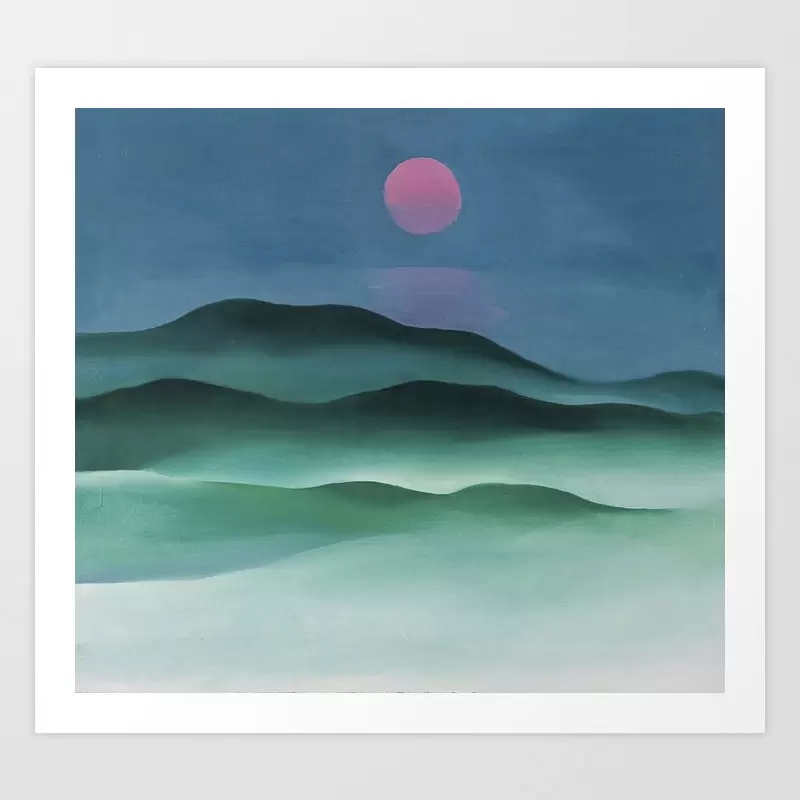
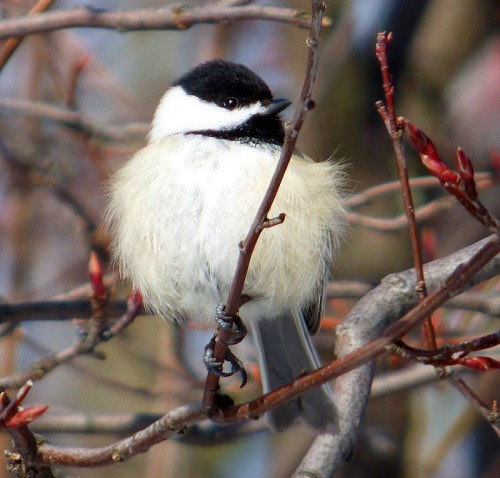
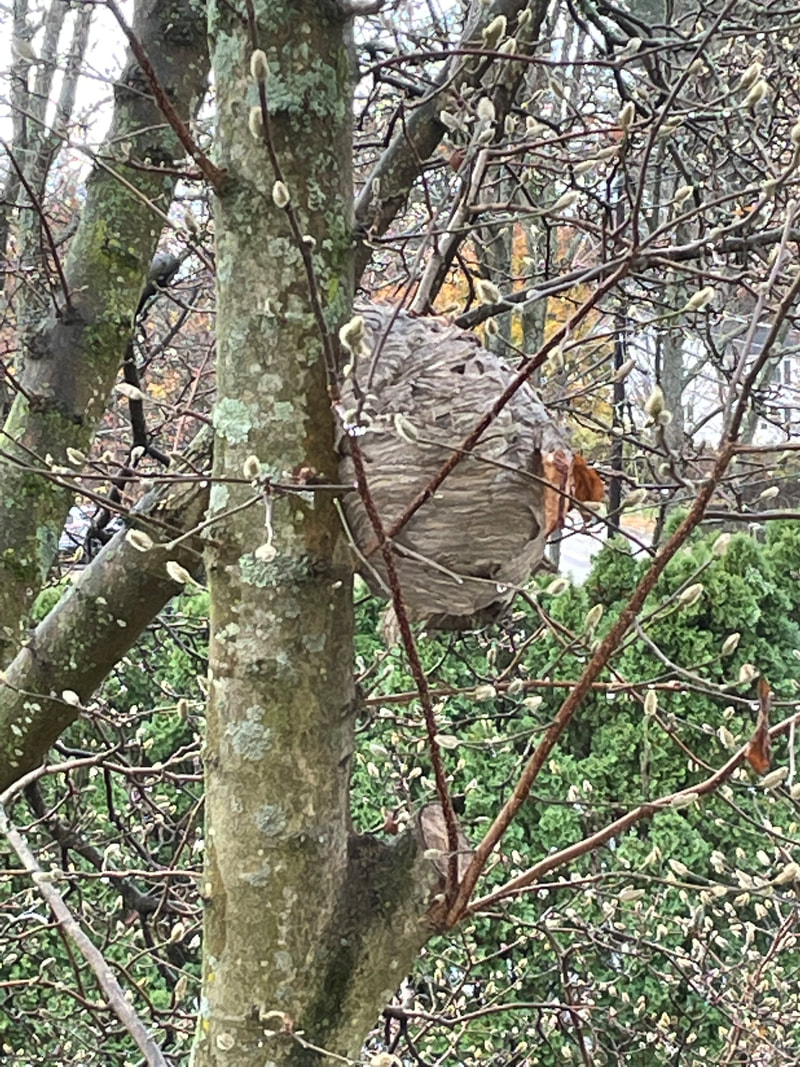
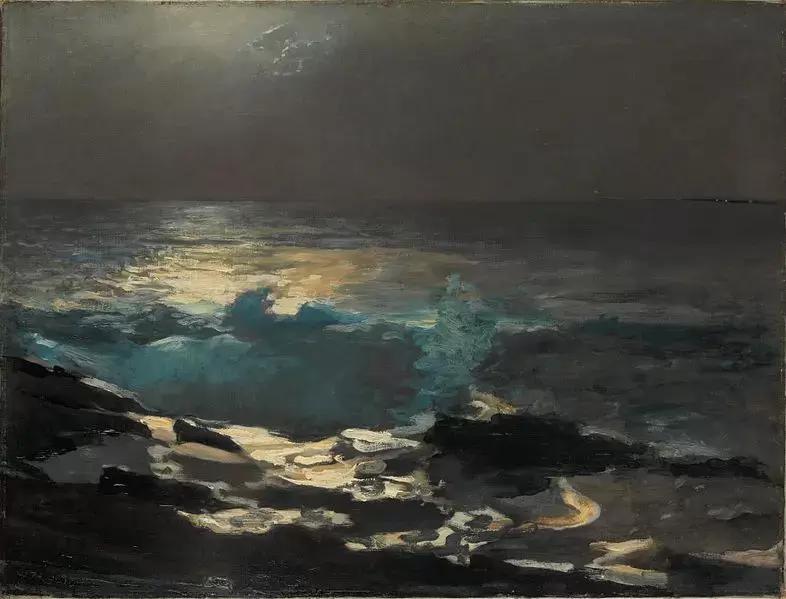
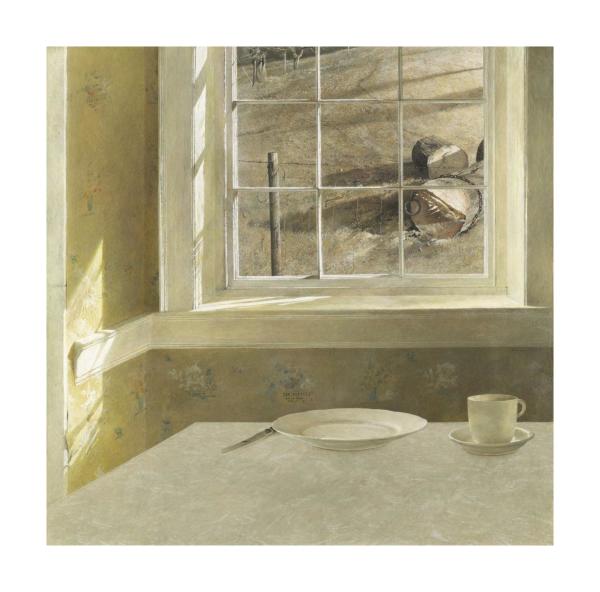
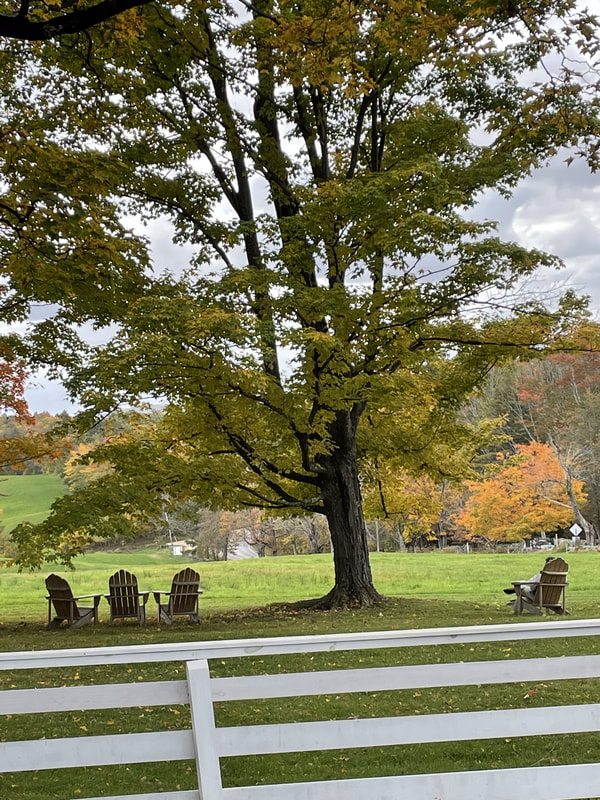
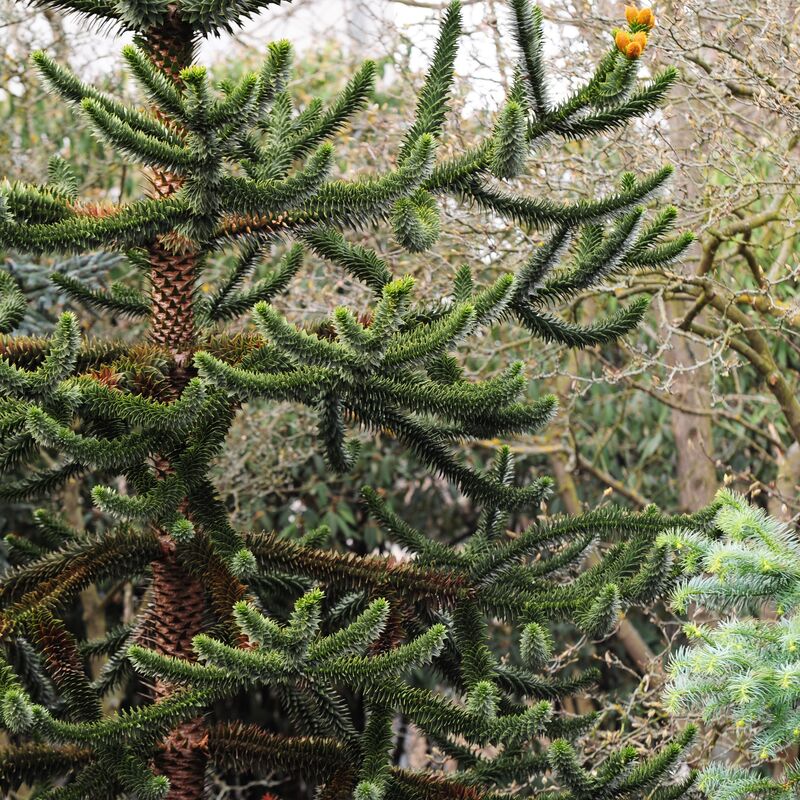
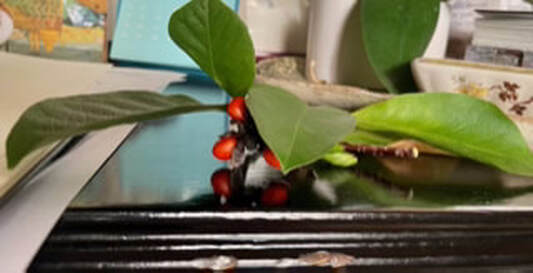

 RSS Feed
RSS Feed
